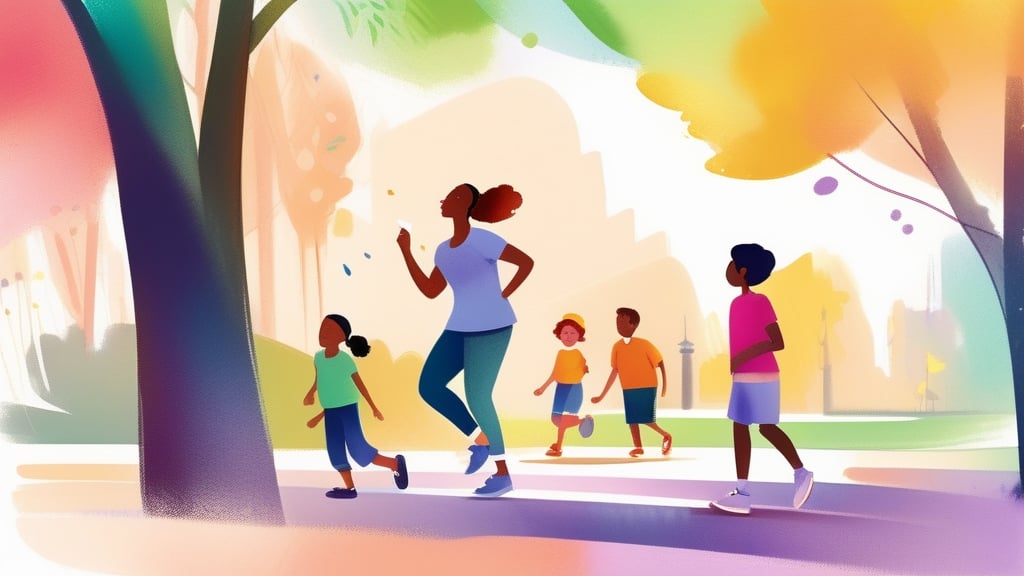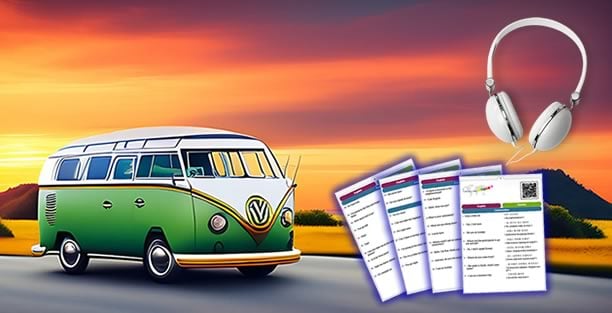Learn Dutch
| English | Dutch | |||
|---|---|---|---|---|
| Hello | Goedendag | |||
| Hi! | Dag! / Hallo! | |||
| Good evening | Goedenavond | |||
| Goodbye | Tot ziens | |||
| See you later | Tot straks | |||
| Yes | Ja | |||
| No | Nee | |||
| Please! | Alstublieft | |||
| Thanks | Dank u | |||
| Thanks a lot | Dank u wel | |||
| Thanks a lot | Dank je wel | |||
| Thank you for your help | Bedankt voor uw hulp | |||
| Don't mention it | Graag gedaan | |||
| Ok | Okee | |||
| How much is it? | Hoeveel kost dat? | |||
| Sorry! | Pardon! | |||
| Sorry! | Excuseer! | |||
| I don't understand | Ik begrijp het niet | |||
| I get it | Ik heb het begrepen | |||
| I don't know | Ik weet het niet | |||
| Forbidden | Verboden | |||
| Excuse me, where are the toilets? | Waar zijn de toiletten, alstublieft? | |||
| Happy New Year! | Gelukkig Nieuwjaar! | |||
| Happy birthday! | Gelukkige verjaardag! | |||
| Happy holiday! | Prettige feesten! | |||
| Congratulations! | Gefeliciteerd! | |||
| Congratulations! | Proficiat! |
How to Learn Dutch by Yourself? Start with an Easy and Free Online Course!
We have adopted an objective and efficient approach to learn how to speak a language easily and quickly. We suggest you start by memorizing words, phrases, and practical expressions that you can use in everyday life and that will be useful when traveling.
Getting used to pronouncing words out loud, such as numbers, is an easy exercise you can often practice and at any time throughout the day.
This practice will help you get accustomed to the sounds of your chosen language, making it more familiar.
Once your holiday or business trip has begun in the Netherlands, whether in Amsterdam, Rotterdam, The Hague, Maastricht, or Haarlem, you will be surprised at how familiar and easy to understand it will seem. Furthermore, using a pocket dictionary is always useful, particularly during a trip. It allows you to find the translation of new words and enrich your vocabulary.
Why Speak Dutch While Traveling?
Holland, a Country that Carries the Spirit of the European Continent
Erasmus, the most famous traveler of the fifteenth century, is considered the "first European citizen". Born in Rotterdam, he became the symbol of a Europe where citizens learn the languages of others and share their cultures.
Dutch is understood by more than 28 million people worldwide. It is spoken in the Netherlands, in French Flanders, in the Flemish part of Belgium, and in Suriname - the former Dutch colony. In many other countries, you will also find expatriates to strike up a conversation with, as the Dutch are a great nation of travelers. The Netherlands is also home to many world-famous painters: Rembrandt, Bosch, Rubens, Van Gogh, Mondrian. It was also home to a major philosopher of the seventeenth century, Spinoza.
A Country of Justice and Freedom
Ranked fourth in the world in terms of Human Development Index (HDI) and among the top 20 world economic powers, the Netherlands is strongly committed to the defense of human rights. The Hague, the seat of the Parliament and the Prime Minister's Office, is recognized as the world's law capital. It hosts international organizations such as the International Court of Justice (ICJ), the International Criminal Court (ICC), Europol, and others. This economic and societal development is largely due to its education system, which is considered one of the best in Europe. Moreover, Dutch culture is a major attraction for tourists who wish to walk in the footsteps of figures such as Vincent Van Gogh, Harry Mulisch, and Hella Haasse.
A Strong Cultural Identity
Knowledge of Dutch ties into prominent issues in the era of Europe and commercial partnerships. The Benelux region (Netherlands, Luxembourg, and Belgium), where 85% of the population speaks Dutch, still plays an important economic role today. Additionally, the low unemployment rate attracts foreigners who can master this language. The Netherlands and Belgium are also at the forefront of scientific and technological innovation, with a high-achieving university system. Knowledge of Dutch opens up access to fields of knowledge that are uniquely accessible to Dutch speakers, such as urbanism and architecture, and the containment of marine submersion.
Speakers of Dutch are proud of their language, and even though the majority speak it very correctly, making an effort to communicate in Dutch will open doors that would otherwise remain closed.
A Language that Opens the Doors to Many Cultures
An official language of the European Union, Dutch is spoken mainly in the Netherlands, but it is also present in Belgium, France, Suriname, and in six other countries, spoken by around 28 million people, including 23 million as their mother tongue. If we add the number of speakers of Afrikaans - a language derived from Dutch spoken in South Africa and Namibia which retains intelligibility with Dutch - learning Dutch will allow you to communicate with about 35 million people in Europe, Africa, America, the Caribbean, and Indonesia.
Afrikaans
Directly descended from the Dutch colonists (the Boers), Afrikaans, one of the official languages of South Africa, has largely become autonomous since that period and is considered a language in its own right. However, speakers of both languages can understand each other without too much difficulty.
How to Learn Dutch on the Internet?
There are no good or bad techniques when you start learning a language by yourself. In essence, it requires self-confidence and the ability to be guided by your own instinct for discovery. The only thing you should never lose sight of is what motivated you to speak this language: your passion for Flemish painting, the love of tulips - one of the great local specialties - the incomparable warmth of the people, or simply your next holiday to ride around Holland on your bicycle (in this country the bike is king). To conserve your energy, focus as much as possible in your first lessons on your primary motivation to learn the language. Gradually, other reasons will be added for loving this surprising language.
Make a Success of Your Stay in Holland
Whether you are going to spend a few days with friends on a leisure trip or if you are on a business trip, nothing will be more useful than being able to slip in a few words in the language of your interlocutors. They will appreciate your effort and be more willing to help.
How to Succeed in Having Good Pronunciation Within a Week to a Month?
Be careful, Dutch is not easy to speak, and its forty sounds (16 vowels and 24 consonants) may seem very strange at first! However, on one point you will be relieved: the tonic accent is placed on the penultimate syllable most of the time, which allows you to concentrate on the pronunciation of short or long vowels (similar to distinctions found in English and German).
We invite you to listen to the pronunciation of the letters by clicking on the following link: Dutch alphabet with audio.
Practical Tips for Learning Dutch
1. Start with the Basics
Begin by learning the Dutch alphabet and basic pronunciation rules. This foundation will help you read and speak Dutch more accurately.
2. Build Your Vocabulary
Focus on everyday words and phrases that you are likely to use. Flashcards and language apps can be very helpful in expanding your vocabulary.
3. Practice Speaking
Speak Dutch as much as possible. Practice with native speakers or fellow learners. Use language exchange platforms to find conversation partners.
4. Immerse Yourself
Immerse yourself in the language through Dutch media. Watch Dutch movies, listen to Dutch music, and follow Dutch news. This will help improve your listening skills and familiarize you with the cultural context.
5. Use Official Online Resources
There are many excellent official online resources to help you learn Dutch:
- Dutch Grammar: Offers comprehensive resources for learning Dutch grammar and vocabulary.
- Learn Dutch: Provides free online lessons, videos, and exercises.
- Taalunie: The Dutch Language Union, offering resources and information on the Dutch language.
6. Take a Language Course
Consider enrolling in a language course with a qualified teacher. Personalized instruction can accelerate your learning and help you master difficult concepts.
7. Stay Consistent
Consistency is key. Practice Dutch daily, even if only for a few minutes. Regular exposure and practice will lead to steady progress.
By following these steps and utilizing the available resources, you can start speaking and understanding Dutch in no time. Happy learning!





